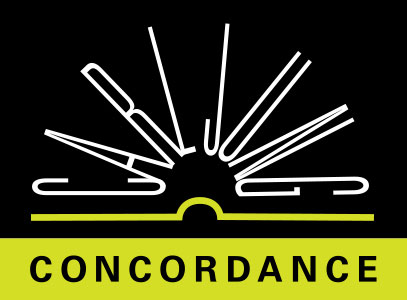The introverted intuitive moves from image to image, chasing after every possibility in the teeming womb of the unconscious, without establishing any connection between them and himself. Just as the world of appearances can never become a moral problem for the man who merely senses it, the world of inner images is never a moral problem for the intuitive. For both of them it is an aesthetic problem, a matter of perception, a “sensation.” Because of this, the introverted intuitive has little consciousness of his own bodily existence or of its effect on others:
PERCEPTION OF INNER PROCESSES
Since the unconscious is not just something that lies there like a psychic caput mortuum, but coexists with us and is constantly undergoing transformations which are inwardly connected with the general run of events, introverted intuition through its perception of these inner processes, can supply certain data which may be of the utmost importance for understanding what is going on in the world. It can foresee new possibilities in a more or less clear outline, as well as events which latter actually do happen. Its prophetic insight is explained by its relation to the archetypes, which represent the laws governing the course of all experienceable things
CW6 ¶ 660BACKGROUND PROCESSES OF CONSCIOUSNESS
Introverted intuition perceives all the background processes of consciousness with almost the same distinctness as extraverted sensation registers external objects. For intuition, therefore, unconscious images acquire the dignity of things
CW6 ¶ 657Although the introverted intuitive's intuition may be stimulated by external objects, it does not concern itself with external possibilities but with what the external object has released within him
CW6 ¶ 656SENSATION OF THE OBJECT REPRESSED
What the introverted intuitive represses most of all is the sensation of the object, and this colours his whole unconscious. It gives rise to a compensatory extraverted sensation function of an archaic character. The unconscious personality can best be described as an extraverted sensation type of a rather low and primitive order. Instinctuality and intemperance are the hallmarks of this sensation, combined with an extraordinary dependence on sense-impressions
CW6 ¶ 663RAREFIED AIR OF THE CONSCIOUS ATTITUDE
This compensates the rarefied air of the introverted intuitive's conscious attitude, giving it a certain weight, so that complete “sublimation” is prevented. But if, through a forced exaggeration of the conscious attitude, there should be a complete subordination to inner perceptions, the unconscious goes over to the opposition, giving rise to compulsive sensations whose excessive dependence on the object directly contradicts the conscious attitude. The form of neurosis is a compulsion neurosis with hypochondriacal symptoms, hypersensitivity of the sense organs, and compulsive ties to particular persons or objects
CW6 ¶ 663MYSTICAL DREAMER AND SEER
The peculiar nature of introverted intuition, if it gains the ascendancy, produces a peculiar type of man: the mystical dreamer and seer on the one hand, the artist and the crank on the other. The artist might be regarded as the normal representative of this type, which tends to confine itself to the perceptive character of intuition. As a rule, the intuitive stops at perception; perception is his main problem, andin the case of a creative artistthe shaping of his perception. But the crank is content with a visionary idea by which he himself is shaped and determined
CW6 ¶ 661ALOOFNESS OF THE INDIVIDUAL
Naturally the intensification of the individual often results in an extraordinary aloofness of the individual [introverted intuitive] from tangible reality; he may even become a complete enigma to his immediate circle. If he is an artist, he reveals strange, far-off things in his art, shimmering in all colours, at once portentous and banal, beautiful and grotesque, sublime and whimsical. If not an artist, he is frequently a misunderstood genius, a great man “gone wrong,” a sort of wise simpleton, a figure for “psychological” novels
CW6 ¶ 661WHEELWRIGHT COMMENTARY
Introverted intuitives draw on the deepest layers of the unconscious. Endowed with vision in the sense of being able to perceive things not explicitly represented, they manage to escape the pitfalls of sensation types who can get bogged down in a welter of facts and details
SGD ¶ 0Introverted intuition is a particularly useful function for psychologists whose work is of a pioneering sort and deals with intangibles. This is the predominant type among Jungian analysts. Jung himself was strongly oriented in this direction
SGD ¶ 0JUNG'S LEADING FUNCTION
However, Jung's leading function was thinking. This would have been very difficult to determine except for the fact that what gave him the most trouble was feeling. It was one of those instances where one could pinpoint the type by recognizing the inferior function
SGD ¶ 0